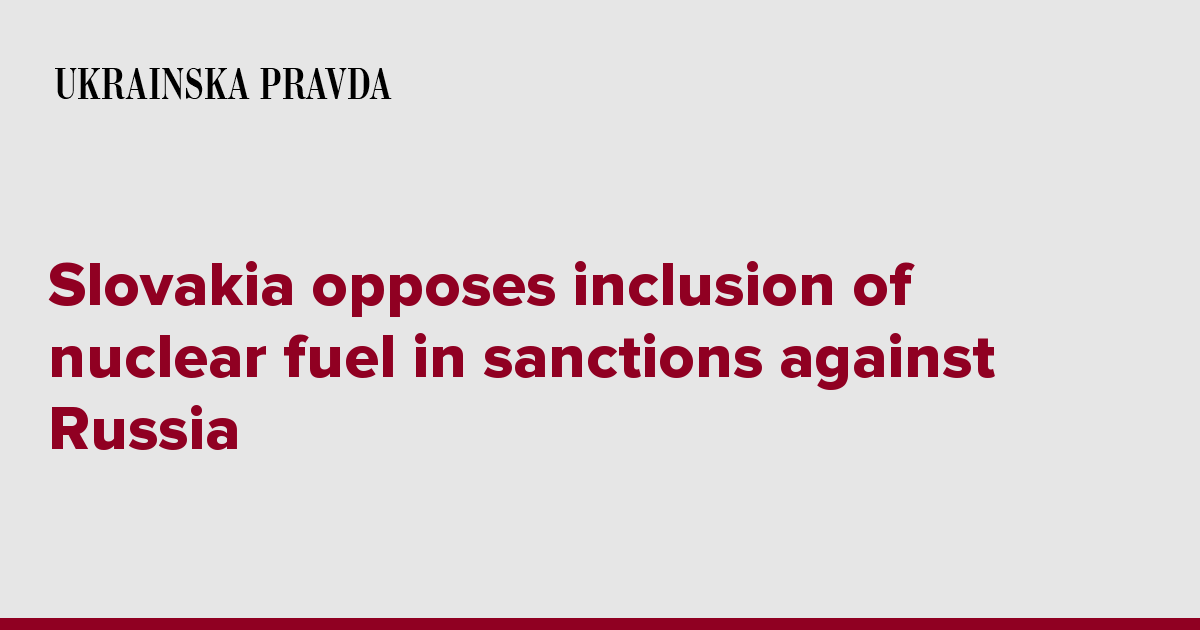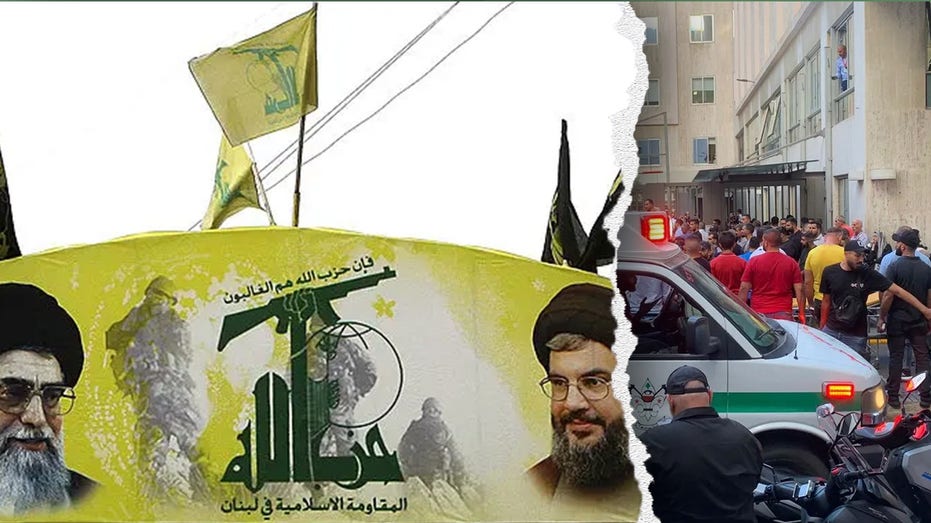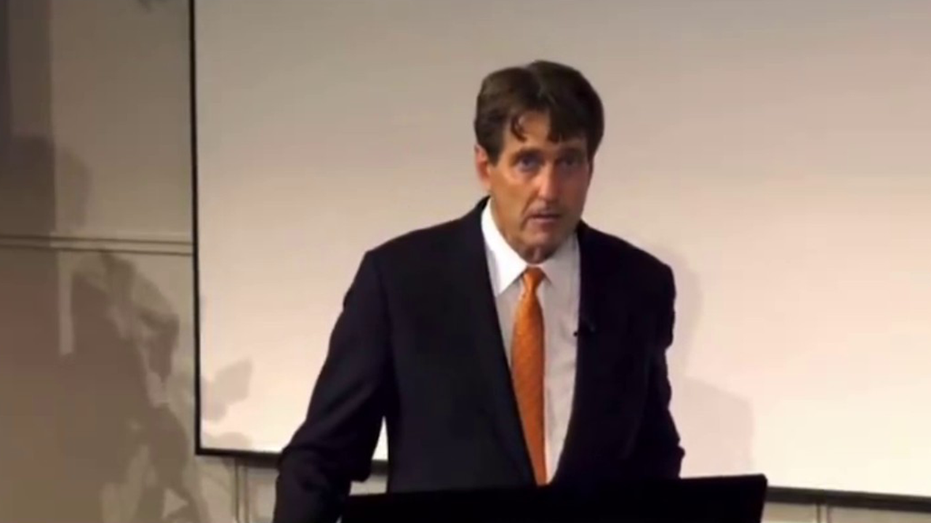Slovakia opposes inclusion of nuclear fuel in sanctions against Russia
Slovak Foreign Minister Juraj Blanár has said the government is seeking to study the impact of the next package of EU sanctions against Russia on Slovakia. Source: TASR, a news agency in Slovakia Details: Blanár considers sanctions against Russian nuclear fuel to be a "red line" for Slovakia.

Slovak Foreign Minister Juraj Blanár has said the government is seeking to study the impact of the next package of EU sanctions against Russia on Slovakia.
Source: TASR, a news agency in Slovakia
Details: Blanár considers sanctions against Russian nuclear fuel to be a "red line" for Slovakia.
"Because [Slovak] nuclear power plants haven't been sufficiently transformed yet to be able to operate with alternative fuel [i.e. with fuel not originating from Russia - TASR]," Blanár said.
The official said the EU is clearly listening to Slovakia in this regard.
Tomáš Valášek from the Progressive Slovakia party, who was Blanár's opponent in the discussion on the issue, echoed this sentiment. He claimed that any Slovak government would have vetoed the sanctions package if it contained measures on nuclear fuel.
Meanwhile, he spoke out in defence of the previous packages of sanctions against Russia, noting that they had prevented the Kremlin from arming its forces to the degree it could have achieved without the restrictions.
In response, Blanár noted that Russia has not been deterred by the sanctions policy, adding that the restrictions have had a greater impact on businesses in the EU, including those in Slovakia.
Background: On Wednesday, the EU member states were presented with a proposal for the 12th package of sanctions against Russia.
The proposal involves imposing sanctions on over 120 other individuals and legal entities for their role in violating Ukraine's sovereignty and territorial integrity. These include representatives of the Russian military, defence and IT sectors, as well as "other important economic operators".
The report also mentions the necessity of punishing those involved in sham elections in the temporarily occupied territories of Ukraine, people responsible for the forced "re-education" of Ukrainian children, and those involved in spreading disinformation and Russian propaganda.
The European Commission also suggests introducing new import and export bans, as well as measures aimed at strengthening the oil price cap and countering the circumvention of EU sanctions.
Support UP or become our patron!



